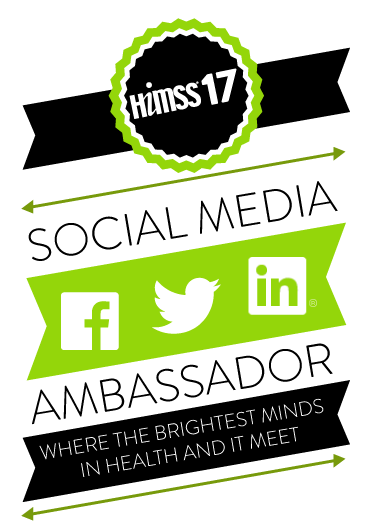Resources for Managing and Avoiding Misinformation & Disinformation
 Thursday, February 11, 2021 at 6:28AM
Thursday, February 11, 2021 at 6:28AM On Friday, February 12, 2021 at noon ET, I will host the #HITsm tweetchat on the topic of “Detecting and Avoiding Misinformation and Disinformation”. See: https://www.healthcareittoday.com/2021/02/09/detecting-and-avoiding-misinformation-and-disinformation-hitsm-chat-topic/ for more details.
The chat will draw on research I have done over the past year, which was summarized as of last August (2020) in an earlier blog post on Infodemiology and interview with Danny van Leeuwen (@health_hats) on this HealthHats podcast: https://www.health-hats.com/infodemiology-too-much-not-enough/,
Since that time, I have added additional resources that are helpful for training in media literacy and detecting and managing misinformation, which I list below.
I’d like to add a special shoutout to Joan Donovan, Ph.D., Director of the Technology and Social Change (TASC) program at the Shorenstein Center on Media, Politics, and Public Policy at the Harvard Kennedy School. Joan was a speaker at the last in-person event I attended before the pandemic on March 6, 2020: https://www.widscambridge.org/wids-cambridge-2020. The WiDS conference was my introduction to Joan, but since that time, I have followed her research and her too numerous to list articles and media interviews. Follow her on Twitter @BostonJoan and see links below to her research at the Shorenstein Center.
Below is the list of resources that I highly recommend if you are interested in managing and avoiding the spread of mis- and disinformation. This list supplements the list appended to the Infodemiology blog post.
PEN America, media literacy training: https://pen.org/the-fight-against-disinformation-requires-the-right-tools/
Shorenstein Center on Media, Politics and Public Policy at Harvard Kennedy School: https://shorensteincenter.org/
Technology & Social Change Program (TASC), Joan Donovan, Director:: https://shorensteincenter.org/programs/technology-social-change/
See Definitions section for useful list of terms: https://mediamanipulation.org/definitions
HKS Misinformation Review: https://misinforeview.hks.harvard.edu/ , Harvard Kennedy School.
AFP News Fact Check: Fact Check | (afp.com)
Lib Guide from U. Washington with resources on misinformation and disinformation (including link to course below, “Calling Bullshit”): https://guides.lib.uw.edu/c.php?g=345925&p=7772376
Calling Bullshit, Carl Bergstrom, U. Washington: https://www.callingbullshit.org/
Good short video on scholarly publishing/consider the source: https://www.youtube.com/watch?v=IZUdd765nA4&list=PLPnZfvKID1Sje5jWxt-4CSZD7bUI4gSPS&index=42

